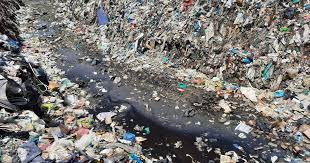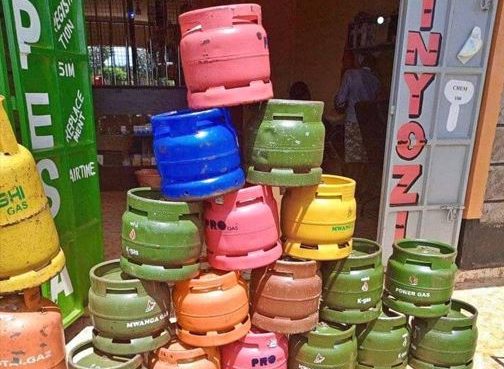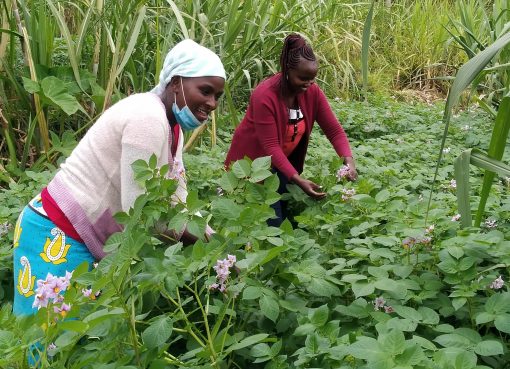Nakuru County has embarked on converting waste disposal sites and sewerage treatment facilities into useful resources through recycling as a way of mitigating the impacts of the waste on the environment and public health.
According to County Executive Committee Member (CECM) of Water, Environment, Energy, and Natural Resources Nelson Maara, the county is undertaking the conversion of waste disposal sites and sewerage treatment facilities into centres of sustainable innovation.
Speaking during a consultative meeting with the management of NAWASCOAL, a county-owned entity that manufactures fuel briquettes and other products from waste materials, the CECM said they were working in partnerships with local businesses, entrepreneurs, and organisations to transform waste into eco-friendly products like construction materials, furniture, and household items, among other innovative products.
He was happy that Governor Susan Kihika’s administration had adopted a sustainable and effective approach to waste management by embracing a circular economy model, which emphasises waste reduction, reuse, and recycling.
This approach, Dr. Maara explained, could significantly reduce the amount of waste that ends up in landfills and mitigate its impact on climate change and public health.
“Through proper waste management, greenhouse gases emitted during waste combustion and decomposition in landfills will be reduced significantly,” he added.
The meeting focused on ways of restructuring NAWASCOAL with a view to expanding its board of directors, a move the CECM said aims at enhancing the company’s effectiveness that will help attract more funding and ensure improved sanitation services for Nakuru City residents.
Dr. Maara said they are encouraging business people and residents to continue practicing the three R’s of reusing, recycling, and recovering what is useful from waste disposals.
He said the county government was also working with the National Environment Management Authority (NEMA) and other stakeholders on ways of discouraging people from using plastics and other materials that are not friendly to the environment.
NAWASCOAL, which manufactures briquettes from human waste with a kilogramme retailing at Sh39 and operates a plant at Kaloleni, within Nakuru-Town East Sub-County, is a joint venture between Nakuru Water and Sanitation Services Company (NAWASCO) and Naivasha Water and Sanitation Services Company that are both owned by the County Government and development partners.
Dr. Maara noted that the method of waste collection had also improved sanitation in towns and villages, with the chemicals used to carbonise the waste and reduce its smell to make it easier to collect, helping to make these areas easier to live in and walk through.
The waste collection method, according to the CECM, has seen many youths get employment as they help in the collection of waste from latrines and also help sell the briquettes.
He encouraged innovators to come up with more technical methods of environmental conservation and sewage management in urban regions and high-population rural areas to help in environmental conservation.
The CECM further added that they have collaborated with retailers to come up with more sustainable carrier bags that will help in waste segregation, especially dry waste and wet waste, and also plastic from the biodegradable waste.
Segregating waste can improve the recycling process. For example, separating wet waste from dry waste is a simple way to help recycling companies. It will help to recycle non-biodegradable waste and treat biodegradable waste directly.
By Esther Mwangi and Felistas Kahungu





